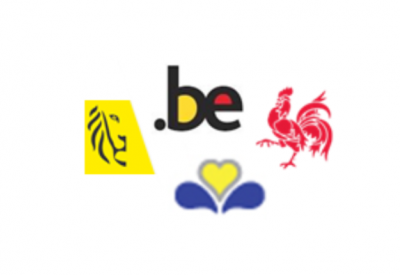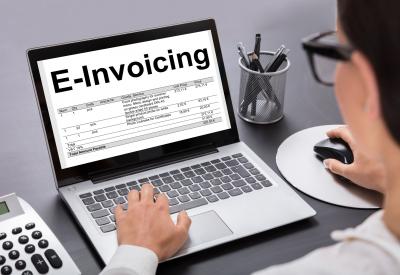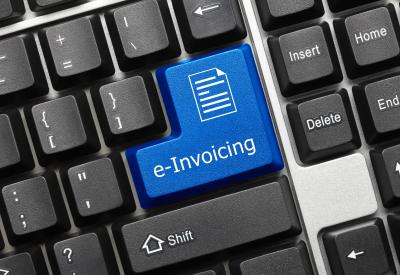Target
AccountantsTheme
GeneralMost companies entrust their accounts to an accounting firm. This puts them in the front line when it comes to electronic invoicing, as it forces them to rethink their business. Risk or opportunity?
As highlighted in the article The challenges of electronic invoicing for companies, the obligation imposed on public authorities to switch to electronic invoicing is also intended to enable SMEs to follow in their footsteps. However, the vast majority of SMEs outsource their accounting and VAT obligations to accounting firms. What will be the impact of e-Invoicing on the latter? What do chartered accountants expect from electronic invoicing?
Accountants and e-invoicing: a long time coming
As early as 2008, the Belgian Institute of Chartered Accountants (IEC-IAB), the Belgian Institute of Company Auditors (IRE-IBR), the Professional Institute of Tax Accountants (IPCF-BIBF) and Febelfin, joined forces with Isabel and Certipost to look into the subject. This initiative was dubbed e-invoice-bridging.
In her speech at the Isabel Conference on 27 February 2008, Micheline Claes, Vice-President of the IEC, stated: “The profession has clearly understood the issues and wanted to participate in the debate and make its voice heard on how the electronic invoice meets both its operational and legal obligations.”
She also highlighted the advantages and challenges of e-Invoicing: “While the speed, security and reliability of financial information, and productivity gains are obviously strong drivers of development, they are further strengthened when electronic invoices are compatible with ERP software and when software packages generate automatic accounting of entries, combine receipt, archiving and online payment, all with minimum investment and maximum simplicity.”
She already reported on “the proliferation of the development of invoicing and accounting-related software,” and the underlying risk of fragmentation preventing the expected benefits from being realised.
An opportunity for the sector
In short, the sector has been aware of the challenges of the development of e-invoicing and its far-reaching impacts on its activities for several years already. Indeed, rather than entering and posting invoices manually, accounting firms must adapt to the automation of these low value-added activities, and rather turn their sights towards consultancy and monitoring of problematic cases.
e-Invoicing is, therefore, an opportunity for this sector, which is under pressure from new technologies and globalisation. Increasingly collaborative and modular IT solutions are also instrumental in providing the keys for this professional shift.
System compatibility: a major challenge
But for the accounting firm to be able to offer an advisory service, the sine qua non condition is that its software is capable of cooperating with the software used by its client to receive and approve its invoices. How to do this?
-
Use a common software or platform: this is the dominant model at the moment to secure this new focus on the accountant's role. The disadvantage? This approach leads to inflexibility in relationships that ultimately distort the competition. This may keep prices too high and weaken innovation. It is to be hoped that the relationship of trust between accountants and their clients will help to put the impact of this inconvenience into perspective so that the shift can already take place.
-
Ensure accounting between the applications, by following common standards: this is a project that Belgium could launch on the basis of the European Standard. Indeed, the scenarios supported by the European Standard are not limited to sending invoices from a supplier to a customer. The transmission of invoices (or invoice components) by the SME to its accountant in accordance with this standard, which is deemed to allow the accounting and VAT treatment of invoices, would then supply the required data directly to the accountant's software. The Peppol framework has the potential necessary to support this scenario, although some specification work will be required to implement it.
The contribution of the federations
In conclusion, e-Invoicing is emblematic of the challenges and opportunities that information technology brings to the digital professions. For accounting firms, this means replacing operational encoding tasks with strategic advice. But it also means supporting companies with their digital transformation.
The sector is, therefore, at a strategic crossroads. The federations that represent it are best placed to lead and facilitate this transition in the sector. As such, they could represent their profession in the Peppol community, and ensure that the processes that affect them are well understood and implemented.


















